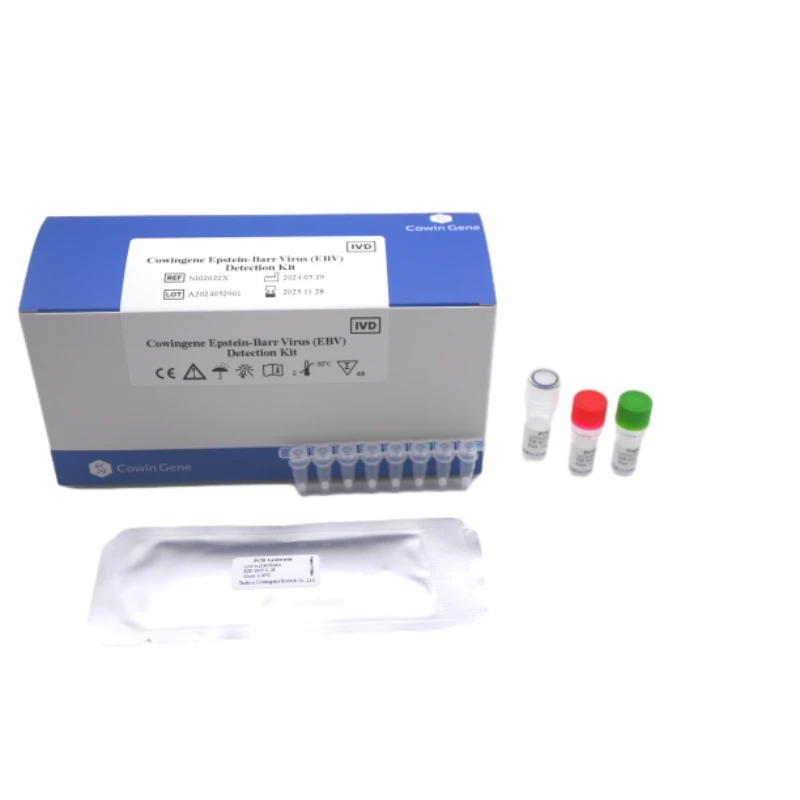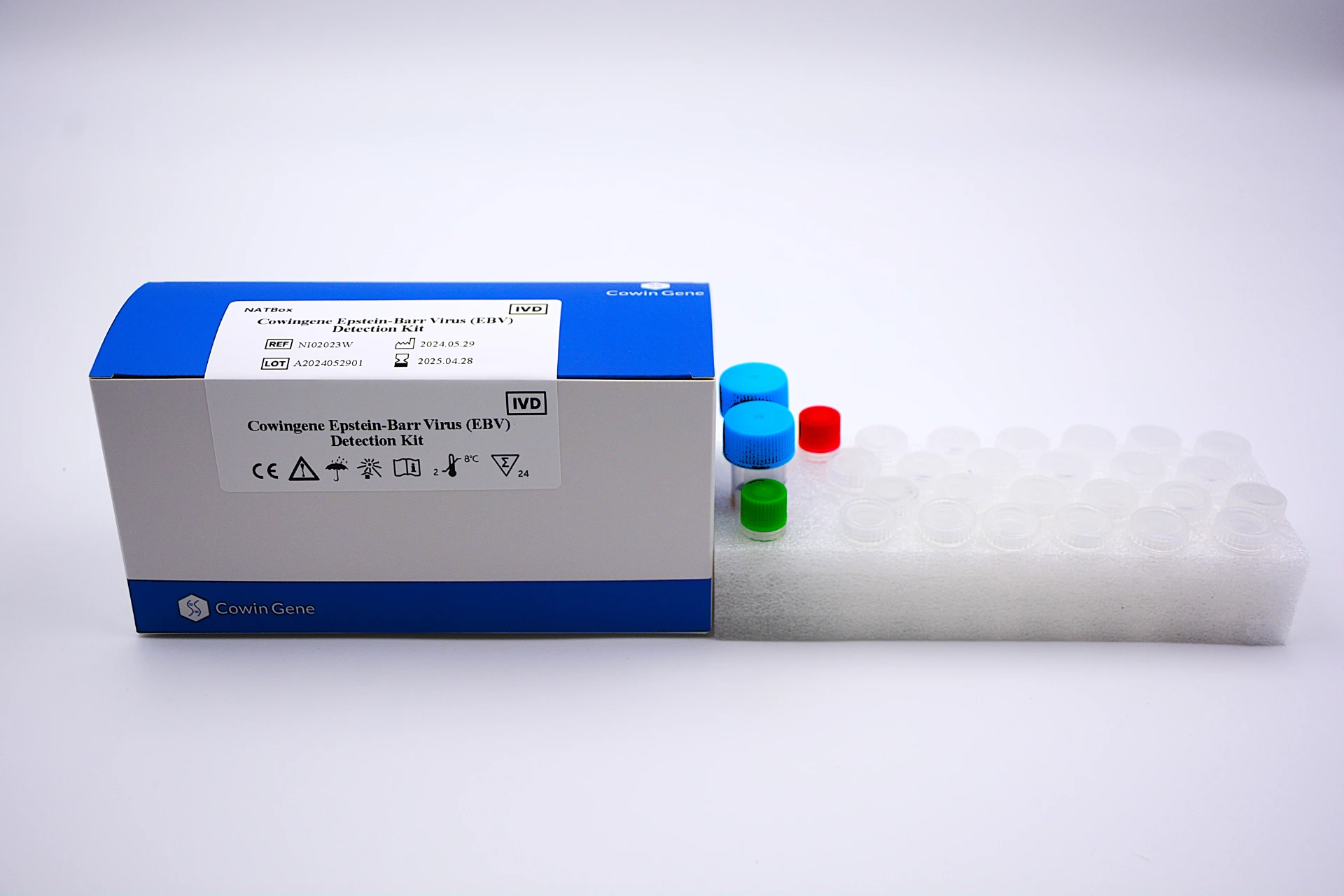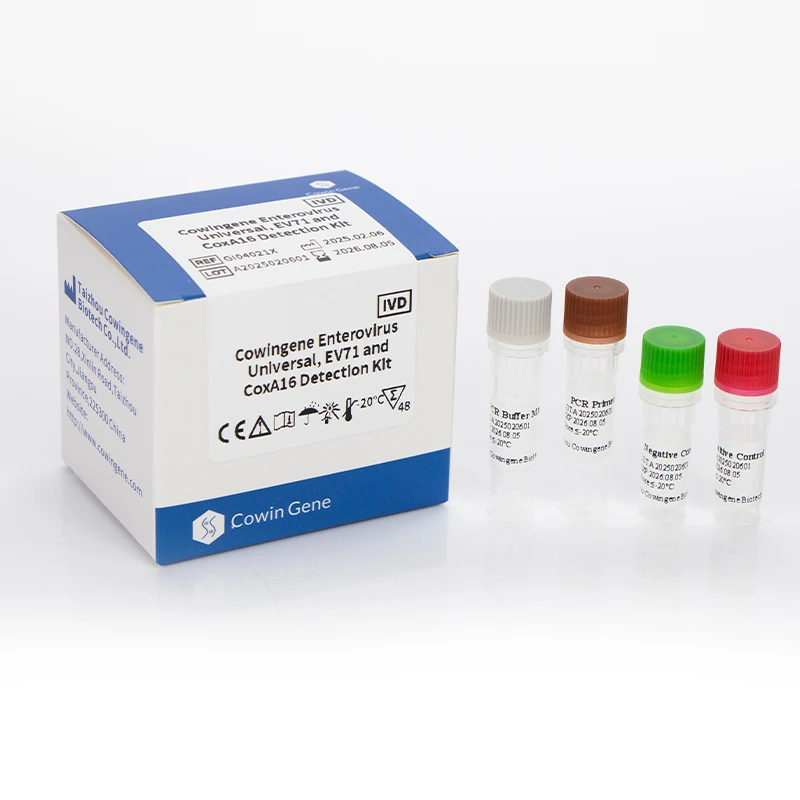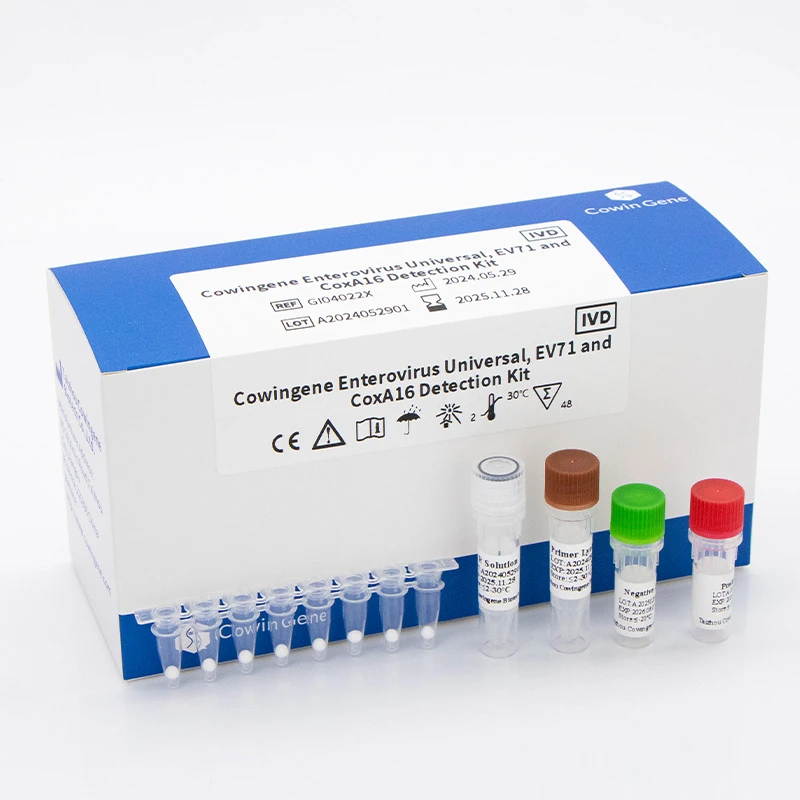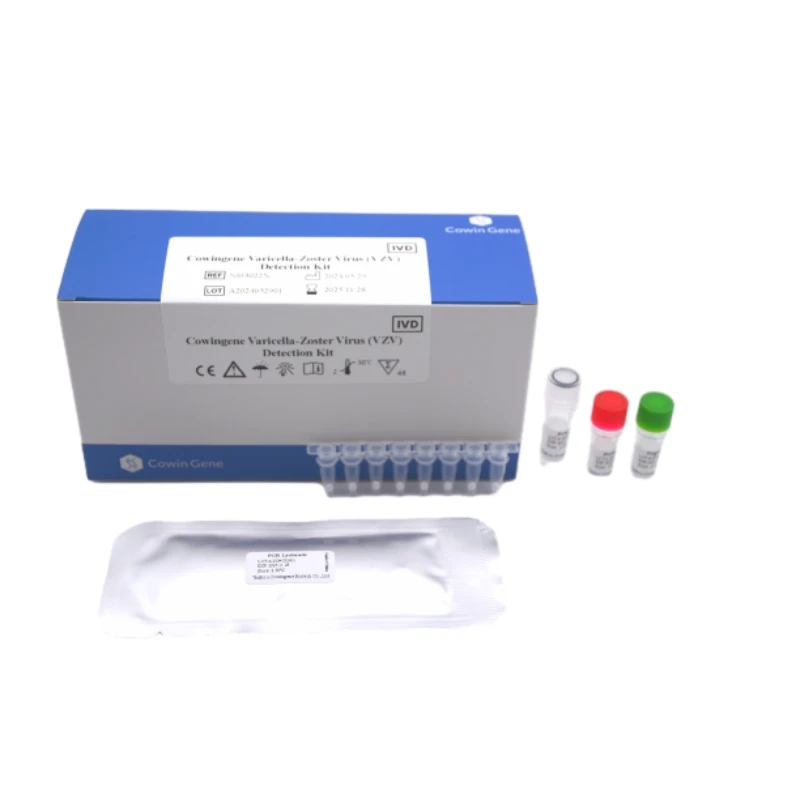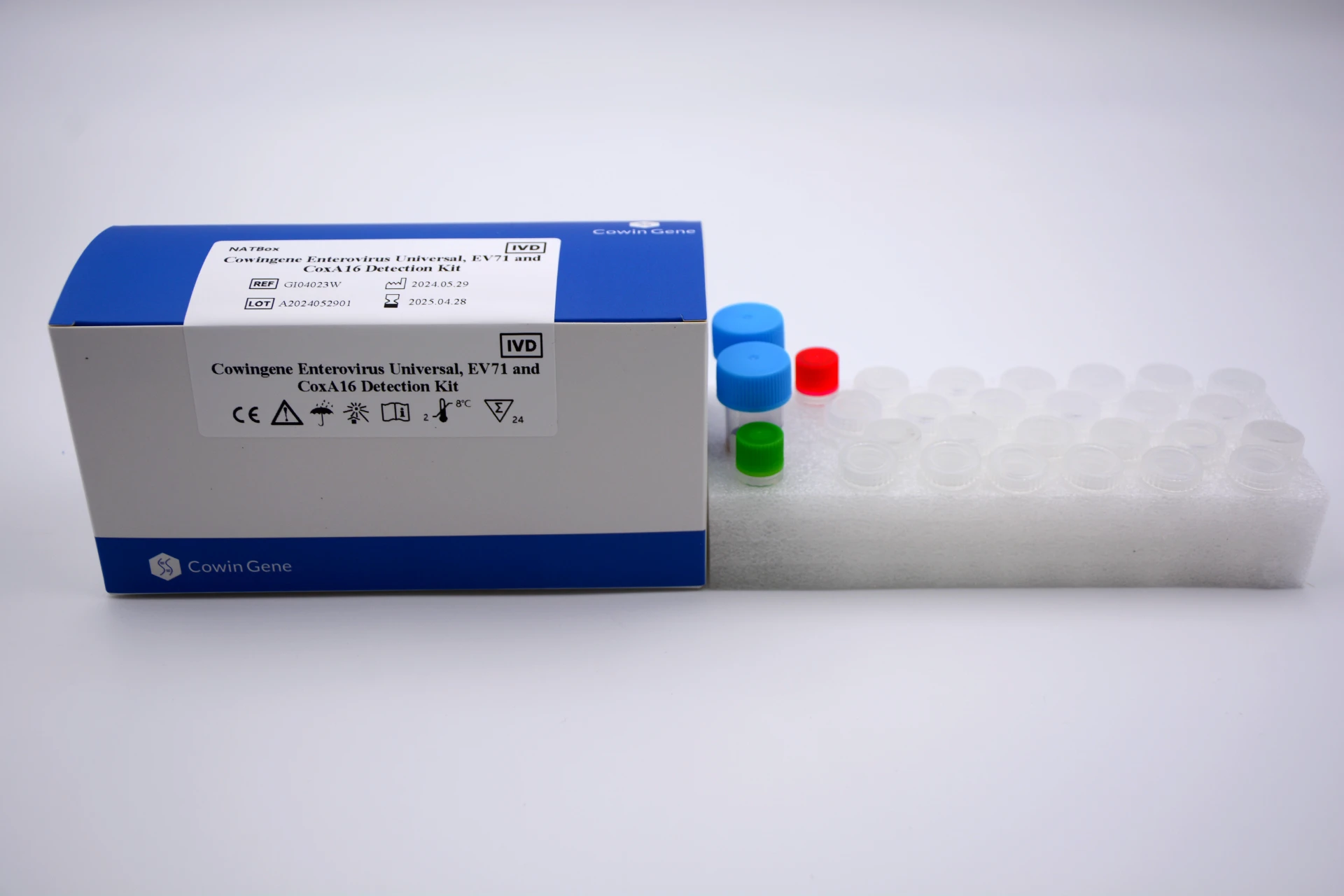Aug . 31, 2025 21:56 Back to list
Respiratory Pathogen Panel: Core Technologies and Applications in Clinical Labs
Respiratory panel lab serves as a specialized clinical setting equipped to conduct comprehensive analysis of respiratory pathogens, playing a critical role in rapid and accurate diagnosis of respiratory infections. These labs integrate advanced molecular diagnostic techniques to process respiratory specimens—such as nasopharyngeal swabs, throat swabs, or sputum—and identify a broad spectrum of pathogens, including viruses, bacteria, and fungi, that cause conditions like influenza, pneumonia, or severe acute respiratory syndromes. Unlike traditional single-pathogen detection methods that require separate analyses for each target, a respiratory panel lab streamlines the process by simultaneously screening for multiple pathogens in a single test run, significantly reducing turnaround time and supporting timely clinical decision-making. The infrastructure of a respiratory panel lab typically includes dedicated workstations for specimen preparation, nucleic acid extraction, and amplification, along with quality control systems to ensure the reliability of results, making it an indispensable resource for healthcare facilities during respiratory infection outbreaks or seasonal epidemics.
Respiratory panel test for respiratory pathogens is designed to detect a diverse range of causative agents in a single assay, addressing the challenge of overlapping symptoms among different respiratory infections
This type of test targets key pathogens such as Influenza A/B viruses, Respiratory Syncytial Virus (RSV), SARS-CoV-2, Adenovirus, Human Metapneumovirus (hMPV), and common bacterial pathogens like Streptococcus pneumoniae or Haemophilus influenzae. By leveraging technologies like real-time reverse transcription polymerase chain reaction (RT-PCR) or multiplex nucleic acid amplification, the test can identify the presence of specific genetic material from these pathogens, even at low concentrations in clinical specimens. This capability is particularly valuable in pediatric or elderly patients, where early and accurate diagnosis is crucial to prevent complications, as well as in community settings where distinguishing between viral and bacterial infections helps avoid unnecessary antibiotic use. Additionally, respiratory panel test for emerging respiratory pathogens can be updated to include new targets, ensuring adaptability to evolving public health threats.
Respiratory pathogen panel represents a comprehensive diagnostic tool that combines high sensitivity and specificity to identify multiple respiratory pathogens in a single analysis, outperforming traditional diagnostic methods in efficiency and scope
Unlike culture-based methods that may take days to yield results and often fail to detect fastidious or non-culturable pathogens, a respiratory pathogen panel delivers results within 2–6 hours, enabling healthcare providers to initiate targeted treatment promptly. The panel is designed to minimize false negatives and false positives by targeting conserved genetic regions of each pathogen, ensuring that even subtle variations in pathogen strains are detected. For example, a well-designed respiratory pathogen panel can distinguish between different subtypes of Influenza A virus (such as H1N1 or H3N2) or detect co-infections—cases where a patient is infected with more than one respiratory pathogen—which are common in severe respiratory illnesses and require tailored treatment strategies. This versatility makes the respiratory pathogen panel a cornerstone of modern respiratory infection diagnosis.
Respiratory panel lab operations adhere to strict quality assurance protocols to maintain the accuracy and reproducibility of test results, which is essential for guiding patient care and public health interventions
These protocols include rigorous validation of each respiratory pathogen panel used in the lab, regular calibration of equipment, and participation in external quality assessment programs to compare results with other accredited labs. Specimen handling is another critical aspect of respiratory panel lab operations: specimens are collected using sterile techniques, transported under controlled conditions to prevent degradation of nucleic acids, and processed in a biosafety cabinet to minimize the risk of cross-contamination. Lab personnel undergo specialized training to operate complex molecular diagnostic instruments and interpret results correctly, ensuring that even ambiguous findings are reviewed and verified before being reported to healthcare providers. By upholding these standards, respiratory panel labs ensure that the data generated supports informed clinical decisions, from prescribing antiviral medications to implementing infection control measures.
Respiratory panel test for vulnerable populations—such as neonates, immunocompromised patients, or residents of long-term care facilities—plays a vital role in preventing the spread of respiratory infections and reducing mortality rates
In these populations, respiratory infections often progress rapidly and can lead to severe complications like sepsis or acute respiratory distress syndrome (ARDS). A respiratory panel test for these groups enables early identification of the causative pathogen, allowing healthcare teams to isolate infected individuals quickly and administer appropriate therapies, such as antiviral drugs or monoclonal antibodies, before the infection worsens. For example, in a long-term care facility, a positive result for RSV from a respiratory panel test can trigger targeted infection control measures, such as cohorting patients and enhancing hand hygiene protocols, to prevent an outbreak. Additionally, the non-invasive nature of specimen collection for most respiratory panel tests (e.g., nasopharyngeal swabs) makes them well-tolerated by vulnerable patients, improving compliance with testing recommendations.
In summary, respiratory panel lab, respiratory panel test for respiratory pathogens, and respiratory pathogen panel collectively form a robust diagnostic ecosystem that addresses the complexities of respiratory infection diagnosis. Respiratory panel labs provide the infrastructure and expertise needed to run advanced tests, while respiratory panel tests for specific populations or pathogens ensure that diagnostic tools are tailored to clinical needs. The respiratory pathogen panel itself, with its ability to detect multiple pathogens rapidly and accurately, has transformed how healthcare providers diagnose and manage respiratory illnesses, reducing unnecessary treatments and improving patient outcomes. As respiratory pathogens continue to evolve and new threats emerge, these diagnostic tools will remain essential for protecting public health, supporting timely interventions, and minimizing the impact of respiratory infection outbreaks worldwide.
RPP Detection Kit FAQs
1. What is the primary function of the RPP Detection Kit?
The Cowingene Respiratory Pathogen Panel Detection Kit is designed for the qualitative detection of multiple respiratory pathogens from patient specimens using PCR-based methodology.
2. Which specific pathogens can the RPP 4 Detection Kit identify?
This kit identifies four key pathogens: Influenza A virus (Flu A), Influenza B virus (Flu B), Respiratory syncytial virus (RSV), and SARS-Cov-2 (SARS2).
3. How does the RPP Detection Kit perform pathogen detection?
The test employs Polymerase Chain Reaction (PCR) to amplify target RNA from respiratory pathogens, allowing simultaneous detection in a single analysis.
4. What type of diagnostic method does the RPP Detection Kit use?
It is an in vitro diagnostic test that qualitatively detects respiratory pathogens in clinical specimens through nucleic acid amplification.
5. For what purpose is the RPP 4 Detection Kit intended?
The kit is intended for the qualitative detection of Flu A, Flu B, RSV, and SARS2 in patient samples, providing a multiplex solution for respiratory infection testing.
Related PRODUCTS
-
Norovirus Detection Kit - Rapid, Accurate, CE-Marked
NewsNov.17,2025 -
DNA Extraction Kit | Fast, High-Yield, PCR-Ready Purity
NewsNov.17,2025 -
Human Papilloma Virus HPV PCR: Fast, Sensitive, Accurate
NewsNov.17,2025 -
Arbovirus PCR Test - Rapid, Accurate, Multiplex Detection
NewsNov.17,2025 -
Respiratory Panel Test for Fast, Accurate PCR Diagnosis
NewsNov.17,2025 -
Respiratory Panel Test for Rapid, Accurate PCR Diagnosis
NewsNov.04,2025


